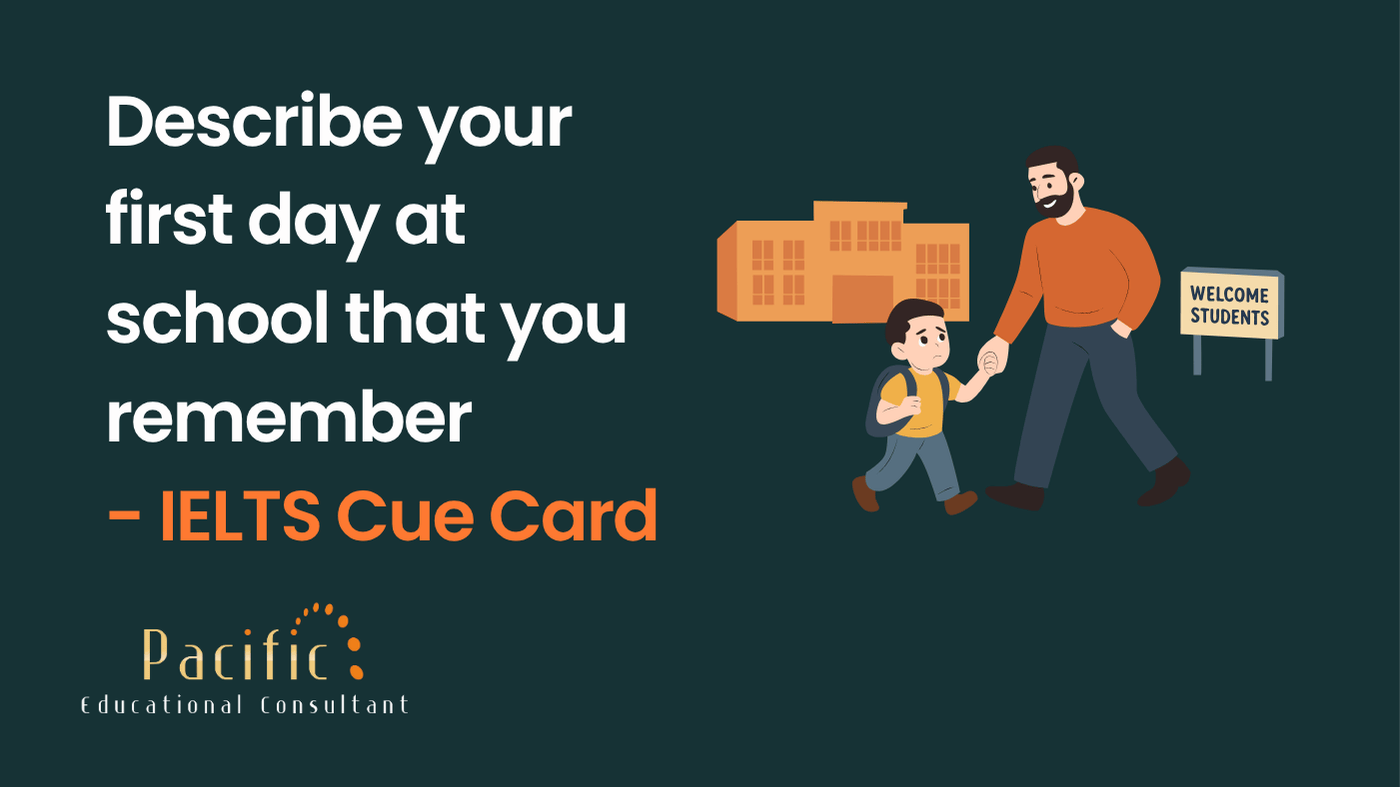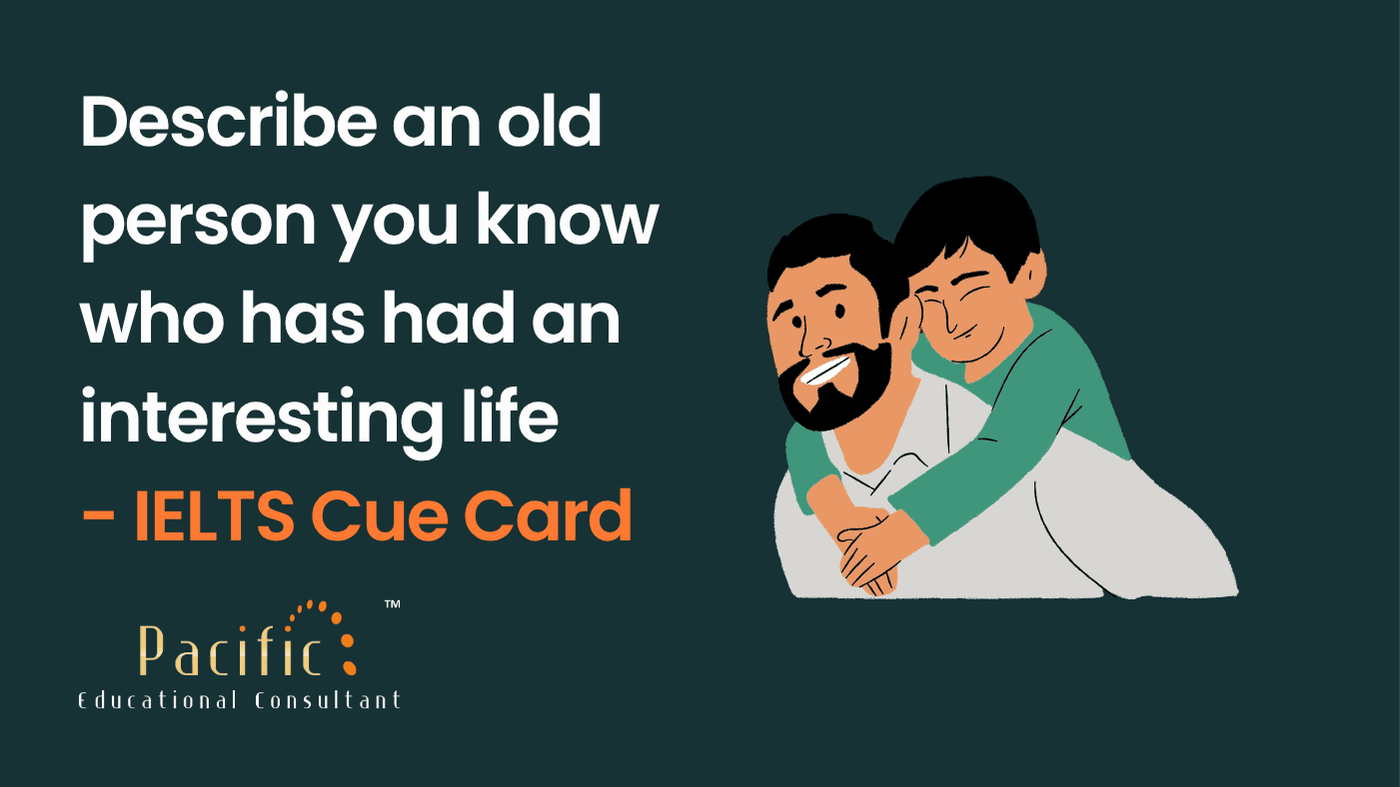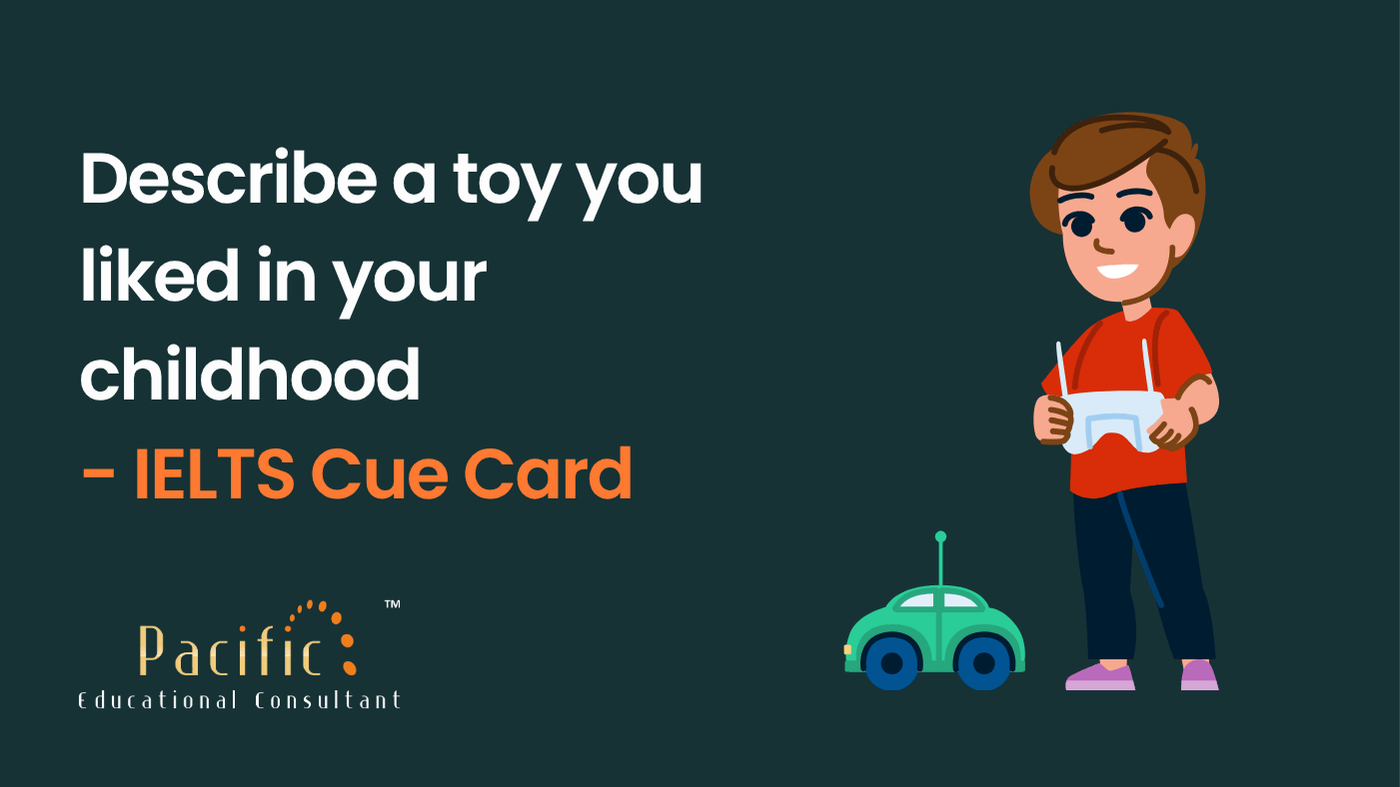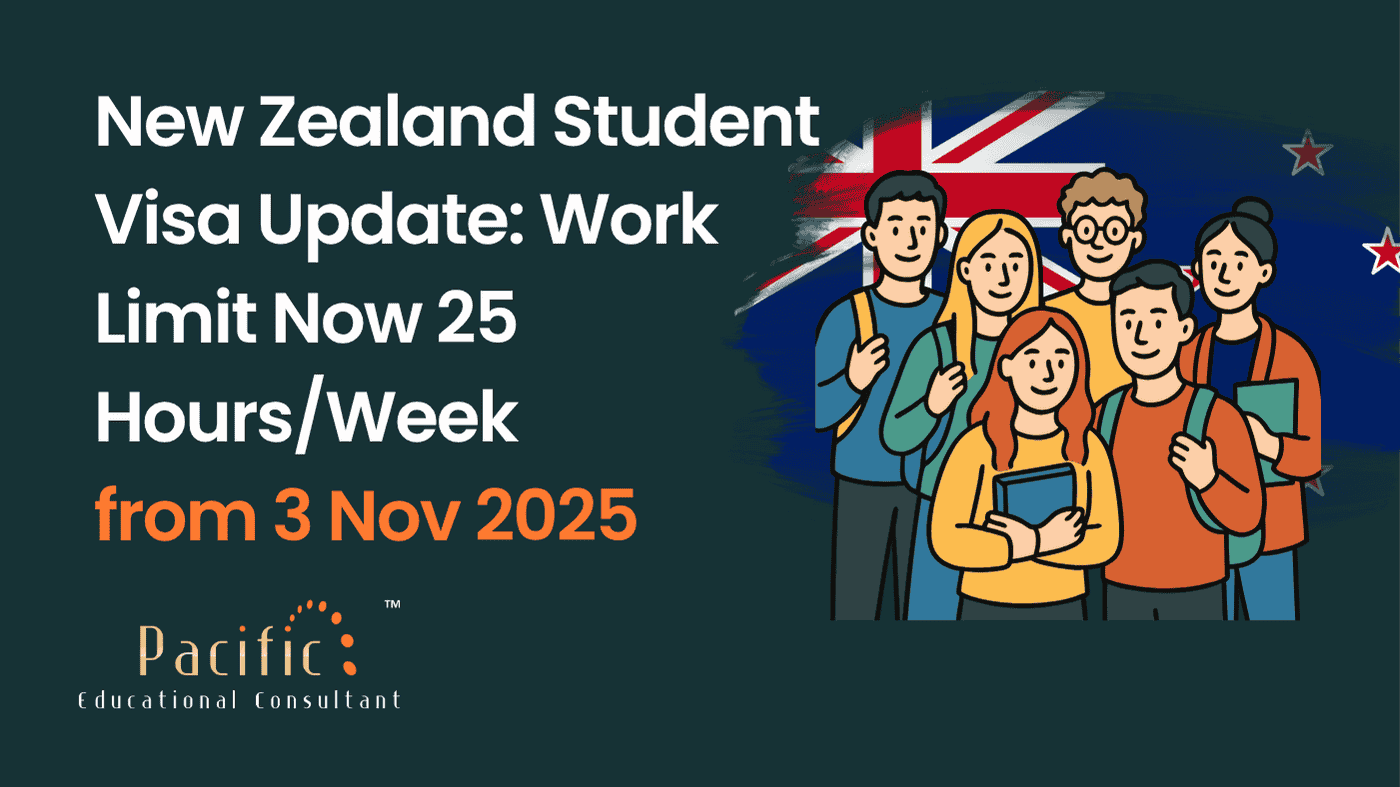


You should say:
Where the school was
How did you go there
What happened that day
And how you felt on that day
My first school was a small primary school located in my hometown. It was only about fifteen minutes away from my house, so it felt quite close and familiar to me.
On my very first day, my father accompanied me to school. I remember holding his hand tightly because I was both nervous and excited. We went there on his scooter, which made the journey short but memorable.
When I entered the classroom, everything felt new—the blackboard, the small wooden desks, and colorful charts on the wall. The teacher introduced me to the class, and I was asked to sit next to another new student. We were taught a few nursery rhymes, and later we played some games together. At lunchtime, I opened my new tiffin box, which my mother had packed with my favorite parathas, and shared them with a classmate. That small act helped me make my first school friend.
At the beginning, I felt shy and even a little scared, because it was the first time I had to stay away from my parents for a few hours. But as the day went on, I started to enjoy the activities and the company of other children. By the time my father came to pick me up, I was already telling him excitedly about my new teacher and my new friend.
Parents usually prepare their children by talking to them positively about school life. They buy new uniforms, bags, and stationery to make the child excited. Many parents also visit the school before the first day to help their child feel comfortable and familiar with the surroundings.
Children socialize naturally through play, group activities, and classroom interactions. They make friends by sharing toys, talking, or working together on small tasks. Teachers also play a big role by organizing games that encourage teamwork and communication.
Yes, socialization is extremely important for children. It helps them develop communication skills, learn cooperation, and understand emotions like empathy and kindness. Social interaction also builds their confidence and teaches them how to behave in different social situations.
People change jobs for several reasons — better salary, career growth, work-life balance, or new learning opportunities. Sometimes, employees also look for a more positive work environment or wish to switch to a job that matches their interests and values.
Both have their advantages. Big companies usually offer higher salaries, better facilities, and job security. However, small companies often provide more flexible roles, personal growth opportunities, and closer relationships with team members. It really depends on what an employee values more.
The main advantages are professional growth, better income, and exposure to new experiences. However, frequent job changes can also create instability, increase stress, and make it difficult to build long-term relationships with colleagues or employers.

UK Innovator Founder Visa (2025–2026): Success Rate, Requirements, Fees & ILR Pathway

Educational Counselling: Meaning, Benefits & Professional Services

How French Language Proficiency Boosts Immigration and Canada PR Success in 2025–2026

Describe an old person you know who has had an interesting life - IELTS Cue Card

Describe a toy you liked in your childhood - IELTS Cue Card

CPT Full Form: Difference Between CA CPT and CA Foundation

5 Indian Freedom Fighters Who Studied Abroad and Changed India’s History

New Zealand Student Visa Update: Work Limit Now 25 Hours/Week from 3 Nov 2025

Describe a family member who you want to work with in the future - IELTS Cue Card

Describe a noisy place you have been to - IELTS Cue Card